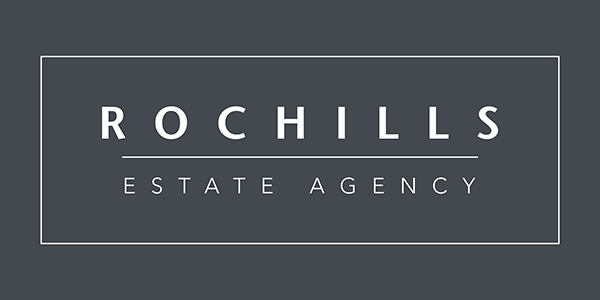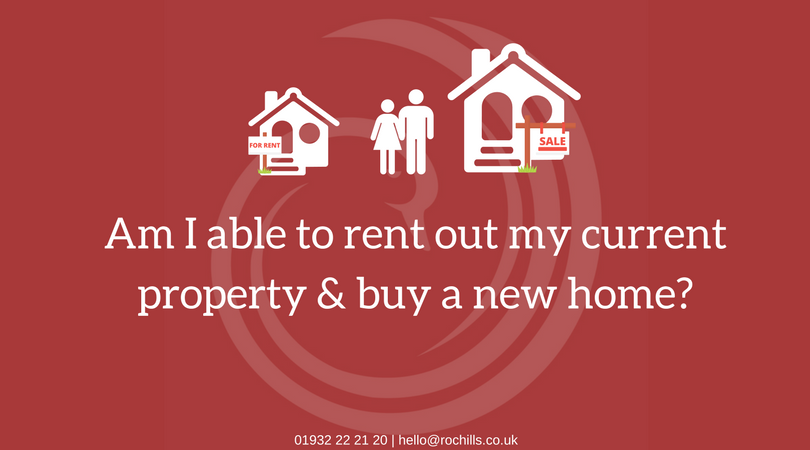When you are thinking of moving to a new house, be it to downsize or upsize or look at a new lifestyle, most of us need to sell our existing property to free up cash to buy a new one. However, there are instances when it makes practical or financial sense to keep our existing property. If you rent your old house out rather than sell it, you could end up with an asset that generates a regular income over a period of time.
What circumstances would I consider renting out my property?
- If it is a temporary move, perhaps relocating for work, and you want to keep the option of moving back to your existing home…
- If you have enough money that you do not need to sell your old one to fund moving and you research that it is a good rental property, and you are confident that property prices are going up….
Get a free instant rental valuation now.
Do I need to research what the forecast is for property prices?
A very important thing to consider is whether property prices are rising. Clearly, there is a massive financial advantage to building up a property portfolio – you get the capital gains on more than one property. But if property prices are falling, then your old home will go decrease in value, and certainly, in the short term, you would be better off selling it in a better market.
In the long-term property prices more often and traditionally increase (along with economic growth and incomes), so if you are planning to keep your old home for a few years, then you shouldn’t worry about a short-term drop in prices.
Do I need to check if my mortgage provider allows this?
Yes, you have to check the conditions of your mortgage. Unfortunately, most mortgages include a clause that does not allow you rent out the property, and some allow you the maximum of a year, whilst others have clauses that allow you to rent it out if you are moving but for a limited period.
If you do have to change the mortgage, you will probably have to change to a (usually higher interest buy-to-let mortgage) which will probably entail early repayment fees, valuation survey fees, and new mortgage arrangement fees.
You can also look at Let to Buy mortgages. Unlike Buy to Let mortgages which are taken out by people specifically looking for a property to let out (or to re-mortgage), Let to Buy mortgages are used when you live in a property and need to leverage finances to move elsewhere.
Getting a little confused? If you are thinking of re-mortgaging, get advice from a mortgage broker. We’ve teamed up with the UK’s leading fee-free mortgage broker London & Country Find out more
Can I finance two properties?
Only consider doing this if you are financially able to – if you are already stretched, and not confident in dealing with the financial side of it then you could end up really regretting it.
You are more likely to be able to buy a new property while keeping your old one if you have a lot of equity in your current property, and a sufficient income to easily afford the mortgage on your new home.
If you need to raise the deposit for the new property, you can then do that by increasing the mortgage on your existing home, the payments for which should be covered by the rental income.
You will then need to take out a second residential mortgage on your new home, the payments for which would be covered by your usual standard income.
You will then have two mortgages, one on each property, covered by the rental income and your normal income.
If you move and still have a mortgage on your previous property (whether you are buying or renting a new place), you need to work out whether you will be able to keep up with the monthly repayments on that property’s mortgage – in addition to the mortgage on your new home.
Your mortgage lender is likely to insist that the rental income is enough to cover the mortgage’s interest payments. But there are many other factors that you need to consider:
- How many months of the year are you likely to be able to rent it out? As a rule, you should assume one month a year it will be untenanted between tenancies.
- Will you be able to cover the mortgage if you are unable to find a tenant? You should be sure that you could avoid a forced sale or repossession.
- Can you afford the property’s maintenance? (Damp? A new boiler? A new roof?)
- Will you pay somebody to manage the rental property, or will you? How much will that cost if you wanted a property manager or an agent?
- Have you factored in insurance?
The ability to afford to keep your old home will depend not just on the rental income you get, but the cost of living in your new home.
- How much will your new rent or mortgage be?
- Have you factored in the hidden costs of moving? (Such as legal fees, agent fees and stamp duty?)
Do I have to pay income tax?
Yes.
Until recently, landlords have been able to claim a tax relief on the mortgage interest they pay on their repayments. In a new system, landlords will have to pay tax on their full rental income (not just the profit) and they’ll only be able to claim tax relief at a rate of 20% – regardless of what tax band they’re in. A landlord in the higher tax band, therefore, will pay tax on his rental income at 40% or 45% but will only be able to claim 20% back tax relief.
Will I need to pay capital gains tax if I sell?
Capital gains tax is a tax on the profit you make when you sell an asset that has increased in value.
You do not have to pay capital gains tax if you sell your primary residence at a profit, but you might have to if you sell the second property. The capital gains tax regime is frequently changed by the government, and the calculations are complicated, so you should seek advice either from a tax adviser or directly from HMRC.
For more free advice and updates on the local property market, join the Walton Property Community on Facebook or check out our video advice library on our YouTube channel here.




